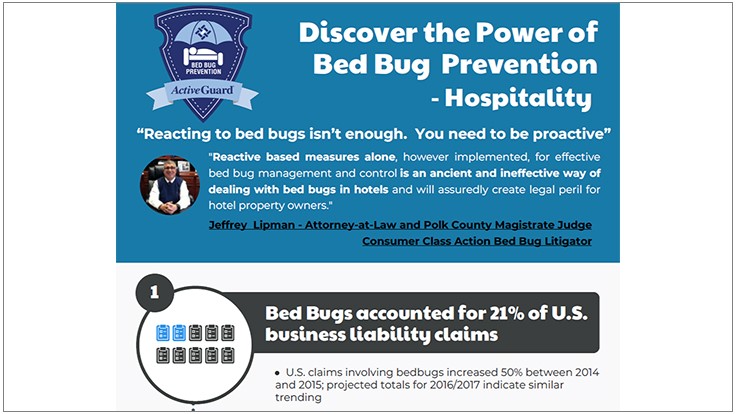Shielding Your Garden From Pests: Approaches For A Pest-Free Outdoor Room
Shielding Your Garden From Pests: Approaches For A Pest-Free Outdoor Room
Blog Article
Article Author-Lauritsen Qvist
Imagine your garden as a shelter, a location of harmony and appeal. However, the presence of outside bugs can swiftly disrupt this ideal image. Suppose there were easy yet reliable ways to maintain these unwelcome site visitors at bay and protect your yard sanctuary? By adhering to a few functional tips and carrying out all-natural strategies, you can produce a harmonious outside space where your plants can thrive undisturbed.
Natural Pest Deterrents
To maintain insects far from your garden normally, plant aromatic natural herbs like mint and lavender. These great smelling plants not only add elegance to your garden however also work as effective pest deterrents. Insects like mosquitoes, flies, and also some garden-damaging bugs are warded off by the solid fragrances discharged by these natural herbs. Simply positioning them purposefully around your yard can help produce an all-natural barrier against undesirable insects.
Along with mint and lavender, take into consideration growing various other herbs like rosemary, basil, and lemongrass to better improve your yard's pest-proofing abilities. These herbs not just serve as all-natural repellents but additionally have the added benefit of serving in cooking or crafting home made remedies.
Strategic Plant Positioning
Take into consideration the format of your yard and the types of plants you have to tactically position them for maximum pest-proofing effectiveness.
Start by organizing plants with similar resistance to bugs with each other. By doing this, you can develop an all-natural obstacle that hinders insects from spreading throughout your garden.
Furthermore, placing pest-repelling plants like marigolds, lavender, or mint near even more at risk plants can aid shield them. Learn Even more , such as sunflowers or corn, can serve as a shield for much shorter plants against parasites like bunnies or ground-dwelling bugs.
Remember to leave adequate room between plants to enhance air flow and minimize the risk of illness that pests might lug.
Furthermore, think about planting strong-smelling herbs like rosemary or basil near at risk plants to perplex pests' detects and make it harder for them to locate their targets.
Effective Bug Control Techniques
For combating garden insects effectively, applying a multi-faceted insect control strategy is crucial. Begin by motivating all-natural killers like birds, ladybugs, and praying mantises to aid keep insect populaces in check. Presenting plants that draw in these helpful pests can aid in parasite control. Furthermore, practicing good yard hygiene by removing debris and weeds where bugs could conceal can make your garden less congenial to undesirable visitors.
Consider utilizing physical barriers such as row cover fabrics or netting to safeguard vulnerable plants from insects like caterpillars and birds. Using organic pesticides like neem oil or insecticidal soap can likewise work against certain parasites while being much less dangerous to advantageous pests and the atmosphere. It's vital to rotate your plants each period to avoid the accumulation of pest populations that target specific plants.
Consistently examine your plants for indicators of insect damages so you can do something about it immediately. By incorporating https://landenrmgau.ambien-blog.com/32672350/prepare-to-transform-your-home-right-into-a-pest-free-haven-utilizing-environmentally-friendly-pest-control-techniques and remaining alert, you can effectively manage garden insects and enjoy a thriving, pest-free garden.
Final thought
So, there you have it - with the appropriate methods, you can maintain pesky outdoor parasites far from your yard and aid your plants flourish.
Did you know that planting mint has been shown to fend off insects and various other pests, lowering the requirement for hazardous chemicals by up to 60%?
By including natural deterrents and smart growing strategies, you can develop a gorgeous and pest-resistant yard sanctuary for you to delight in.
